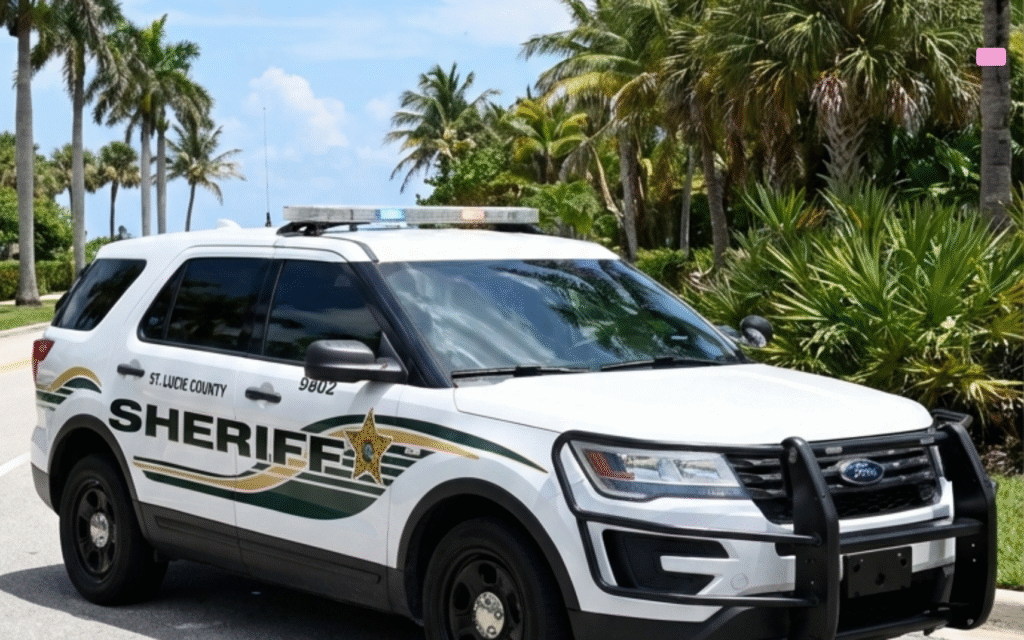Florida fluoride ban is set to take effect on July 1, 2025, making Florida the second state in the United States to prohibit the addition of fluoride to public water supplies. This new legislation affects water providers and residents across the state, altering a decades-long public health practice.
Florida Fluoride Ban: What the New Law Means
The Florida fluoride ban prohibits all public water systems from adding fluoride or any other substances beyond those necessary to meet basic drinking water standards. According to the law, water providers must not introduce any additives for purposes such as dental health, except for those required to ensure water safety and quality.
Prior to this change, 97 water providers in 27 counties throughout Florida were actively fluoridating their water. This practice involved adjusting the naturally occurring fluoride level to the U.S. recommended standard of 0.7 milligrams per liter, which has been considered optimal for preventing tooth decay.
Background on Water Fluoridation in Florida
Fluoride is a mineral found naturally in groundwater, surface water, soil, and many foods. Community water fluoridation adjusts the concentration of fluoride in public water supplies to a level shown to reduce dental cavities. According to the Centers for Disease Control and Prevention, this public health measure has been widely adopted in the United States since the mid-20th century.
In Florida, water fluoridation has been implemented by local utilities and overseen by state and county health departments. The new ban marks a significant policy shift for these agencies and the communities they serve.
Reasons Behind the Statewide Fluoride Ban
The Florida Surgeon General issued guidance against community water fluoridation, citing concerns about potential neuropsychiatric risks from fluoride exposure. This guidance referenced studies that linked high fluoride intake to developmental issues such as lower IQ and increased rates of attention-deficit/hyperactivity disorder (ADHD) in children.
However, these studies examined fluoride levels higher than those typically used in U.S. water systems. Most dental and public health organizations, including the American Dental Association and the Centers for Disease Control and Prevention, continue to support water fluoridation at recommended levels as safe and effective.
Public Health Organizations’ Position
According to the majority of dental and public health groups, water fluoridation at 0.7 milligrams per liter reduces tooth decay by approximately 25 percent in both children and adults. These organizations maintain that the benefits outweigh the risks when fluoride is used at regulated concentrations.
Concerns and Criticisms
Some experts warn that discontinuing water fluoridation could disproportionately affect vulnerable populations, including children, the elderly, and those with limited access to dental care. Without fluoridated water, these groups may face increased risk of dental cavities and related health problems.
A recent study estimated that a nationwide ban on water fluoridation could result in 25 million additional cavities and nearly $10 billion in extra dental treatment costs. These projections highlight the potential economic and health impacts of such policy changes.
National and International Context
Florida’s decision reflects ongoing debates in the United States and worldwide about the safety, necessity, and ethics of community water fluoridation. Utah is the only other state to have enacted a similar ban. In Europe, many countries have discontinued water fluoridation, often citing the availability of fluoride from other sources and ongoing discussions about public health versus individual choice.
The Florida law does not restrict the use of topical fluoride products, such as toothpaste and mouth rinses. Dental professionals continue to recommend these products as effective tools for preventing tooth decay.
Impact on Florida Residents and Water Providers
With the statewide fluoride ban, water providers across Florida must adjust their treatment practices to comply with the new law. This change affects millions of residents who previously received fluoridated water as part of routine dental health measures.
Local health departments and dental professionals may need to increase public education about alternative sources of fluoride and preventive dental care. Vulnerable populations, including children and seniors, may require additional support to maintain oral health in the absence of community water fluoridation.
Alternatives to Water Fluoridation
- Topical fluoride products: Toothpaste and mouth rinses remain widely available and recommended.
- Professional dental treatments: Fluoride varnishes and gels can be applied during dental visits.
- Dietary sources: Some foods and beverages naturally contain fluoride.
Frequently Asked Questions About Florida Fluoride Ban
What is the Florida fluoride ban?
The Florida fluoride ban is a statewide law that prohibits adding fluoride to public water supplies. It takes effect July 1, 2025, and affects all water providers in Florida.
How much fluoride was in Florida’s water before the ban?
Before the ban, most fluoridated water in Florida contained about 0.7 milligrams of fluoride per liter. This is the level recommended by U.S. health agencies to help prevent tooth decay.
Are there alternatives to water fluoridation for dental health?
Yes, alternatives include using fluoride toothpaste, mouth rinses, and receiving professional fluoride treatments from a dentist. These options remain available and are recommended by dental professionals.
Can you still use fluoride toothpaste in Florida?
Yes, the Florida fluoride ban does not affect the sale or use of fluoride toothpaste or mouth rinses. These products are still widely available throughout the state.
Where are retirement communities in Florida affected by the fluoride ban?
All retirement communities and active adult communities in Florida that receive public water are affected by the fluoride ban. Residents in these areas will no longer receive fluoridated water from their local utilities.
































